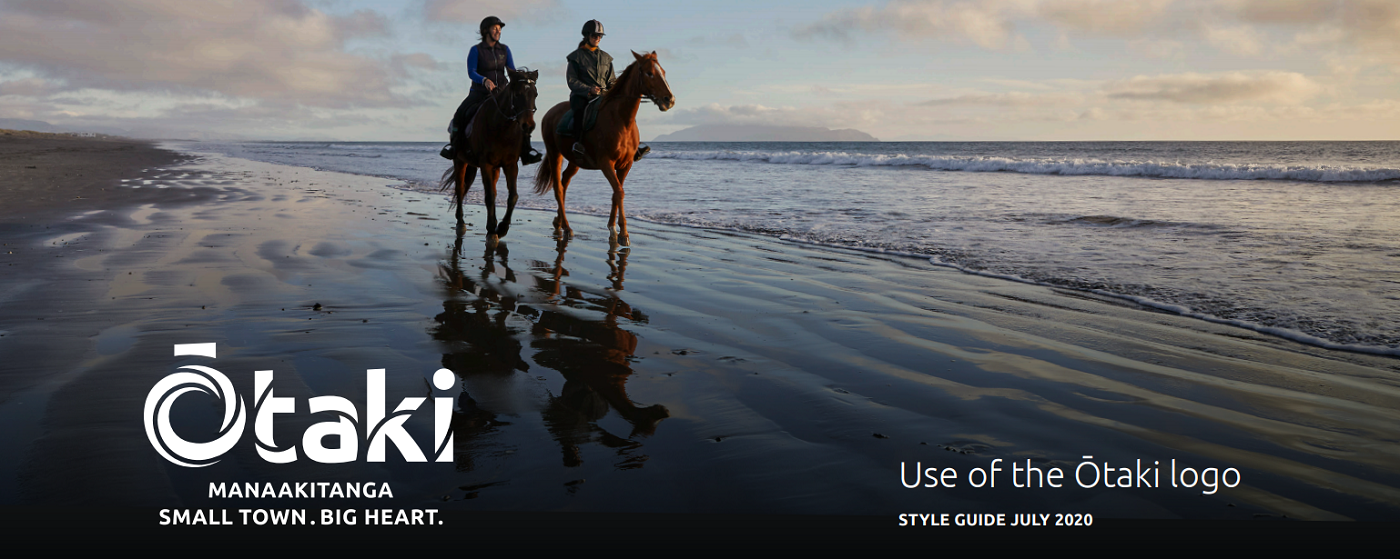
Dr Rose Namoori-Sinclair is the pride of her tiny Pacific nation, with a PhD covering the impact of policy on Pacific women’s health and the experiences of Kiribati migrants, and now receiving an MNZN in the New Year Honours.
Rose was born in Kiribati, a small group of islands and atolls in the middle of the Pacific Ocean. It’s home to more than 110,000 people. Its low land profile makes it one of the world’s most endangered nations from the ravages of rising sea levels.

AWARD: Rose Namoori-Sinclair, awarded an MNZM for her work with the people of Kiribati.
Photo supplied
Rose completed a degree in economics and geography at the University of the South Pacific in Fiji, and worked for three years at the Kiribati Ministry of Finance and Economic Planning. She later got a scholarship to complete a masters degree in economics at the University of New England in Australia, returning again to work for the Development Bank of Kiribati and Ministry of Natural Resources and Development.
She always had a goal of working in a role that helped Pacific communities, so she was pleased to later land a job with the secretariat of The Pacific Community, an international development agency based in New Caledonia.
Rose came to New Zealand in 2001 under a skilled migrant scheme with her husband and two children after working for three years in New Caledonia. Not content with her masters, she completed her PhD at Victoria University of Wellington.
She has had many policy and business analyst roles with government departments and agencies in New Zealand. They have included the Ministry of Health, the Ministry of Education, the old Labour Department and Statistics New Zealand. The jobs have not necessarily been related to the Pacific or her home nation.
It’s her commitment to Kiribati and supporting the Kiribati community – mostly in a voluntary capacity – that led to her New Year honour.
“We have a strong Kiribati community here,” she says. “We get together for events like our independence day, and we have an active church with our own Kiribati priest.
“With the skills I have through my work, I’m able to help our community with funding, implementing the programmes according to the funds and ensuring everything is accountable.”
Her research background has involved her as facilitator of the working group that established a conceptual framework for enhancing I-Kiribati well-being in 2015, a document titled Boutokaan te mweeraoi.
She helped translate communications from the Ministry of Social Development into Kiribati and with editing the document. She was subsequently the team leader in writing the Maneaba Strategic Action Plan to implement the Boutokaan te mweeraoi framework.
Rose helped establish and chaired the Kiribati Federation Aotearoa (KFA) from 2018 to 2020. As chair, she ensured that KFA engaged with the Ministry for Pacific Peoples on issues including the Kiribati language in the Pacific Language Week Series.
She helped write a training manual based on Kiribati heritage and cultural values to address violence towards both women and men in the Kiribati community. She obtained funding for training and four courses were held in various regions throughout New Zealand.
Rose chaired the Kiribati Wellington Club in 2003 and 2004. She identified a lack of traditional dancing experience locally and with community agreement sourced an experienced dancing master from Kiribati to provide lessons.
She was an organiser for the 25th anniversary celebration of Kiribati independence held in Wellington in 2004.
Since coming to New Zealand when their son was 4 and daughter 1, Rose and her Fijian husband have been moving in and out of Kiribati for study and work, but they have been keen to ensure the children speak the language and understand the Kiribati culture.
In 2014 Rose and her husband relocated from Porirua to a property on Ōtaki Gorge Road. The location is ideal as most of Rose’s current part-time work is from home, where she can enjoy a rural lifestyle and commute into Wellington when she needs to. She was meant to travel to Kiribati to do some work for the United Nations when Covid-19 struck, so the trip never happened, but she was able to do it remotely.
What it did mean – as with many other Wellington government workers – was that she had to work from home. And like most others, she’s discovered a new lifestyle.
Most of her work is now in research with the Ministry for Pacific Peoples and the University of Otago, and representing the Kiribati Government on matters relating to the Kiribati workers currently employed for the Recognised Seasonal Employer scheme.
LATEST POSTS
- Peter Lynn Kites feature of festival magic
- RSA positive as it focuses on the future
- Sir Chris, first Ōtaki knight
- More works in downtown Ōtaki
- Concerts line up for rotunda
- No respite for ‘cone town’
- Trout spawn in Winstone Lakes
- Rāhui Rd next in line for road works
- ‘Monkey’ back to old tricks
- Ōtaki dominates awards night
- Sam risks all for Gaza
- Heniti ‘proud to call Ōtaki home’
- Infrastructure works keep rolling on
- An ONZM for arts, sport, heritage
- Trappers aim for predator free Te Horo
- ‘No Ōtaki consultation’ on polyclinic
- Te Horo hall wants land for car park
- Beach burglars pinch trailer and tools
- Toilet vandalism ‘tragic, sad’
- Fifty years for Ōtaki fire chief

